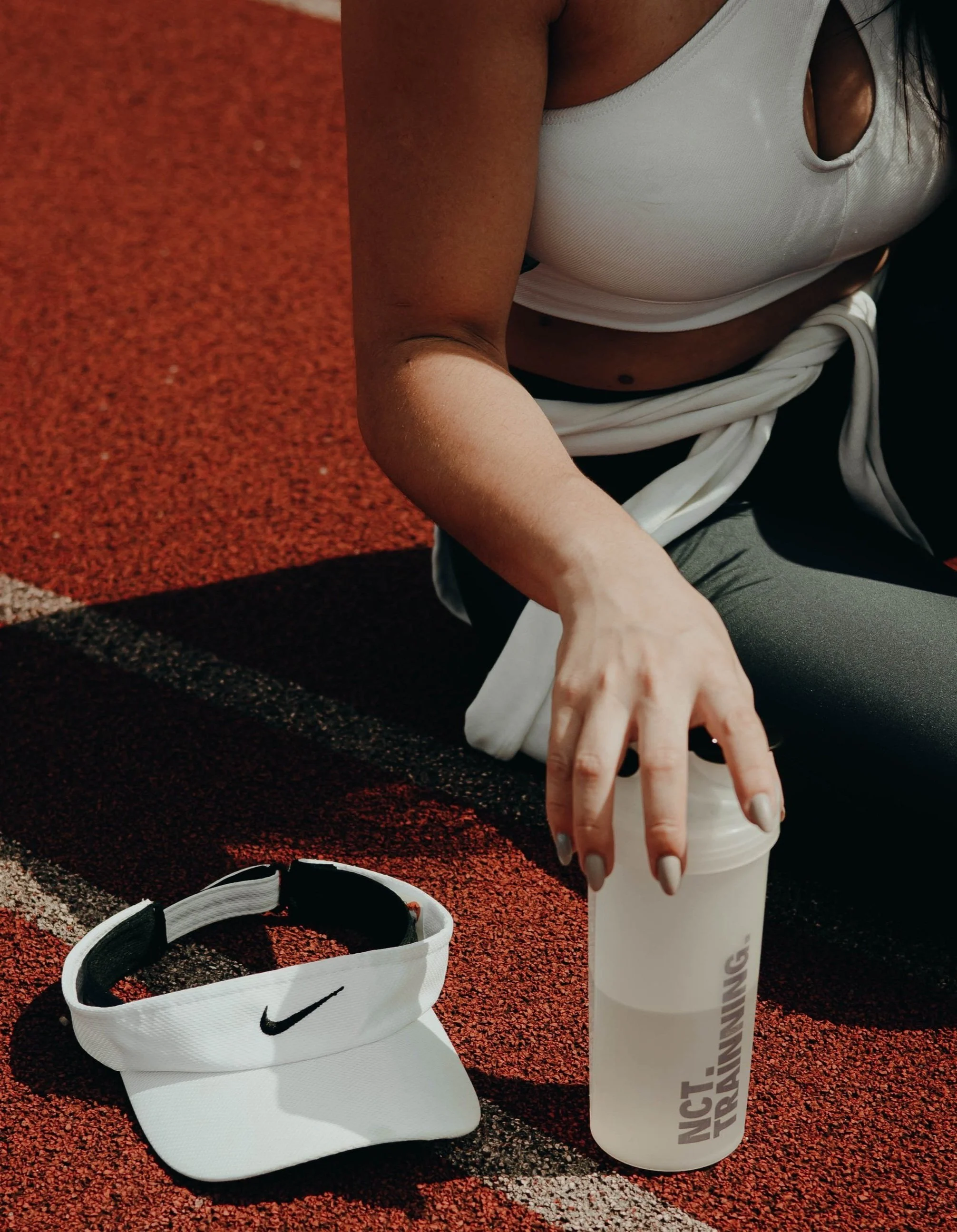The Truth About Electrolytes: What Are They and Should I Be Taking Them?
I’m sure I’m not the only one who’s seen the recent explosion in marketing around hydration and electrolytes. My Facebook feels like it’s 90% ads for peach flavoured electrolyte drinks, and every athlete or influencer seems to be promoting the idea that we should all be replenishing our electrolytes every morning.
And it got me thinking… how many of us actually know what electrolytes are? Or how to know if we really need them? According to these new brands, everyone should be taking them as part of their daily routine. But like with anything suddenly pushed into the public market, I can't help but wonder… if regular people didn’t need them before, then why now?
The History of Electrolytes
Electrolyte supplementation is nothing new. It’s been a go to in the endurance and ultra endurance scenes for years. In fact, electrolyte drinks originated from the need to maintain fluid and mineral balance during intense physical exertion.
One of the first major breakthroughs? In the 1960s, Gatorade was developed by researchers at the University of Florida to help football players who were struggling in extreme heat. It was formulated to replace sodium, potassium, and fluids lost in sweat. From there, the sports drink industry took off. Over time, these drinks evolved into more tailored formulas with adjusted electrolyte levels to better suit athlete needs.
So What Are Electrolytes?
Electrolytes are essential minerals like sodium, potassium, magnesium, calcium, chloride, phosphate, and bicarbonate. They help your body maintain fluid balance, power nerve signals, contract muscles.
You lose electrolytes when you sweat, are ill (vomiting or diarrhoea), or if your diet is lacking. When that happens, it can lead to things like fatigue, muscle cramps, dizziness, or weakness.
How Do I Know If I Need Them?
Most people get enough electrolytes through everyday food and drink. Things like salt, fruits, vegetables, dairy, and water do the job just fine. If you do regular fitness and eat fairly well, you probably don’t need supplements unless you’re training hard in hot conditions or doing long sessions.
If you’re working out for over an hour, especially in the heat or at high intensity, a drink with electrolytes and a bit of sugar can help with hydration and energy. After a really sweaty session or if you're doing a lot of endurance work (like long runs, back to back training days, or intense rowing or cycling), it might help to replenish both fluids and electrolytes more aggressively.
But Do You Really Need That Peach Electrolyte Drink?
I hate to break it to you, but if you're sat at your desk all day sipping your flavoured hydration mix, chances are your kidneys are just filtering out what your body doesn’t need and you’re quite literally flushing it down the toilet. (Excuse my bluntness.)
On a more serious note, some brands do use clever marketing tactics to promote these products under the guise of “essential hydration.” But unless you’re losing a lot of fluids and electrolytes (through sweat or illness), most of us don’t actually need to supplement daily.
Also be mindful of sodium. A lot of these drinks are high in it, and we already consume too much salt in the UK. Extra sodium, especially if you’re not well hydrated, can lead to bloating, high blood pressure, or even worsen dehydration in certain cases.
So next time you’re sipping your peachy, bubblegum, watermelon flavoured “hydration,” just ask yourself: do I actually need this right now?
If you’ve made it this far thank you for reading! I’d love to hear your thoughts on the topic.
All the best,
Annie 😊
References
Galaz, G. A. (2019). An Overview on the History of Sports Nutrition Beverages. Nutrition and Enhanced Sports Performance, 231–237. https://doi.org/10.1016/b978-0-12-813922-6.00019-9
PMC, E. (2019, May 15). Europe PMC. Europepmc.org. https://europepmc.org/article/nbk/nbk541123?utm_medium=email&utm_source=transaction&client=bot
Shirreffs, S. M., & Sawka, M. N. (2011). Fluid and electrolyte needs for training, competition, and recovery. Journal of Sports Sciences, 29(sup1), S39–S46. https://doi.org/10.1080/02640414.2011.614269
